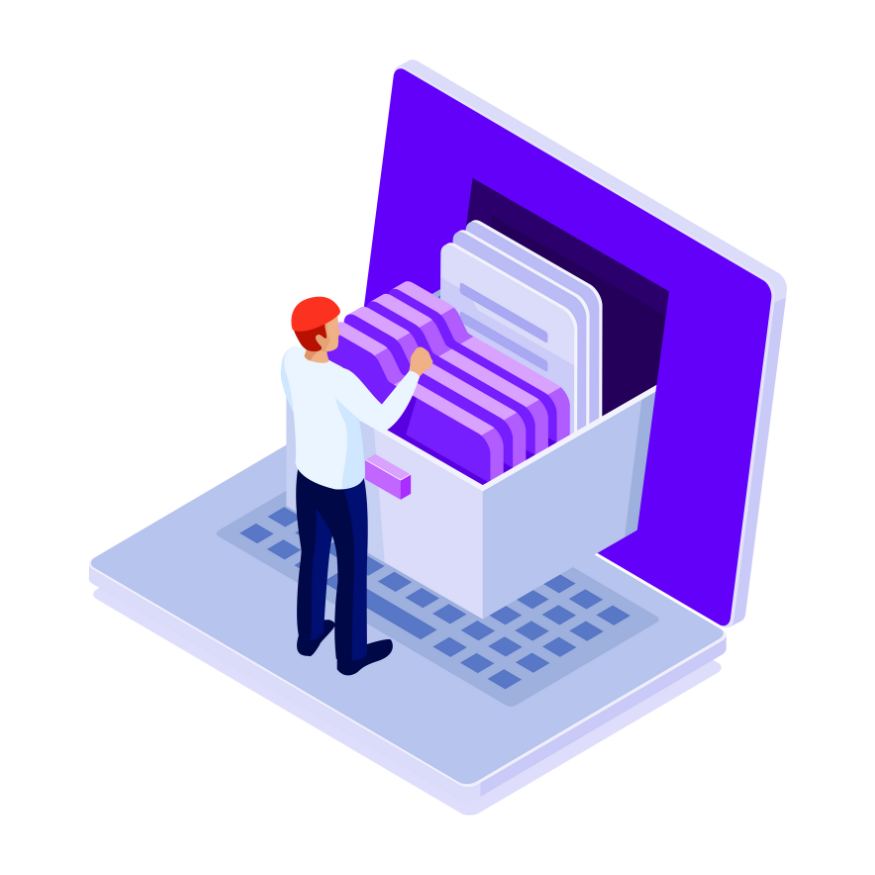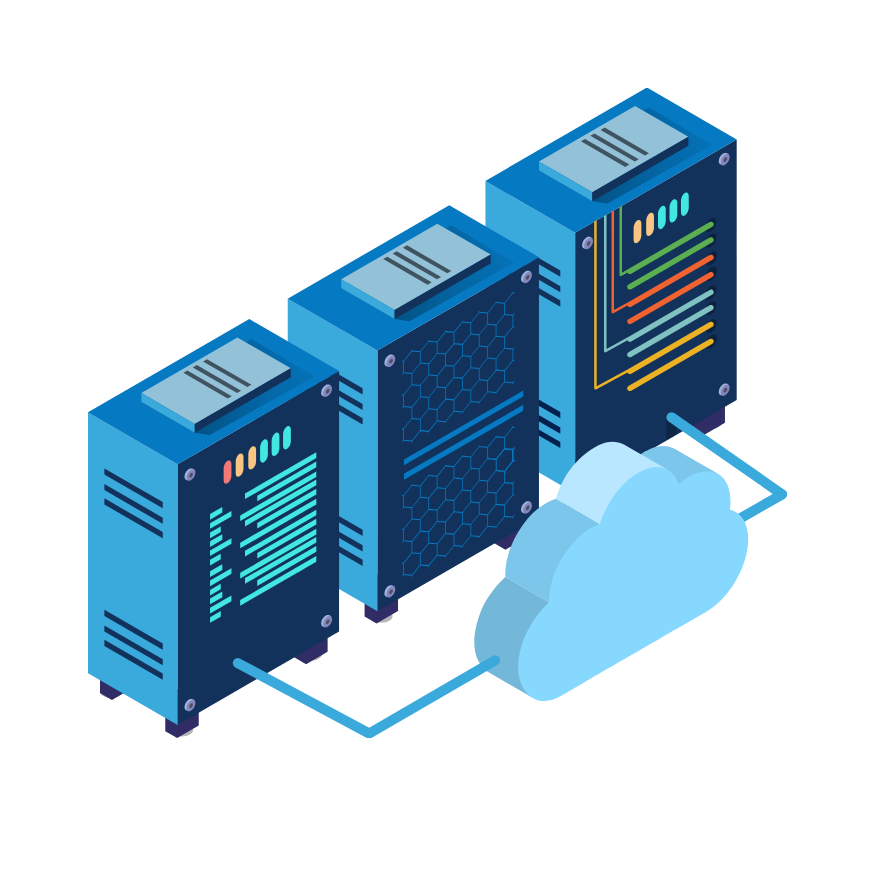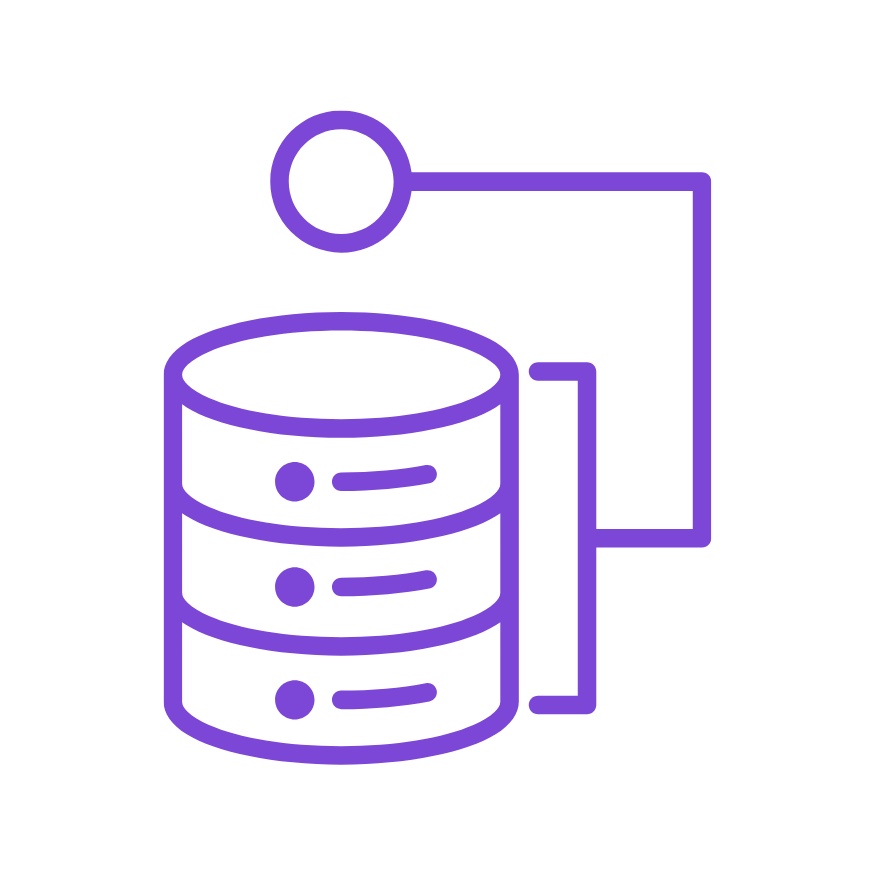
Make your “Business Process” Autonomous through AI Agents
AI workloads rely on continuous, real-time data flow to maintain accuracy, efficiency, and decision-making capabilities. Any disruption in data delivery can degrade model performance, cause AI drift, and lead to costly failures.
Why 99.999% Data Availability is Critical for AI Workloads
Data still has more gravity than code or models. Delivering reliable data and low latency is a key differentiator for AI workloads
-

Real-Time AI Inference & Decision Making
100ms data delay can misguide autonomous vehicles, 500ms outage in financial AI can lose millions in trades, and healthcare AI requires instant access to patient data for accurate diagnoses.
-

High-Throughput AI & GPU Utilization
AI models depend on continuous data flow to prevent model drift (10-20% accuracy loss), avoid GPU idling costs ($72+/day per GPU), and minimize training delays (6-12 hours per 0.1% downtime).
-

Multi-Cloud & Edge AI Resilience
Federated AI models need seamless data sync across regions to prevent 15-30% accuracy loss, manufacturing AI must process IoT sensor data within 10 seconds to prevent $100K+/hr losses, and financial compliance mandates uninterrupted AI availability.

Data Highway – Conceptual Solution Overview
Ensuring 99.999% data availability for AI workloads requires AI-driven orchestration, multi-cloud redundancy, self-healing pipelines, and real-time observability to prevent downtime, optimize GPU utilization, and maintain AI model accuracy.
AI-Driven Data Orchestration
AI-native schedulers (e.g., Apache Airflow AI, KubeFlow Pipelines) dynamically allocate resources and resolve dependencies in real time. Kubernetes Operators automate AI job execution while checkpointing mechanisms (TensorFlow Checkpoint, Ray Tune) prevent job failures. Graph-based execution engines like Apache Spark AI optimize distributed AI workflows. Event-driven processing reduces latency, ensuring continuous AI model training and inference.
Multi-Cloud Data Redundancy
Geo-replicated storage (AWS S3 Cross-Region, GCS Multi-Region) ensures seamless failover across clouds. Active-active AI architectures leverage inter-cloud message queues (Apache Pulsar, AWS SQS) for real-time synchronization. Federated Learning models use homomorphic encryption to ensure data privacy compliance (GDPR, HIPAA). Strongly consistent databases (Google Spanner, CockroachDB) prevent data loss, while latency-aware routing (Envoy, Cilium) optimizes network traffic for AI workloads.
Self Healing Data Pipelines
AI pipelines use anomaly detection (Datadog AI, Prometheus AI) and checkpoint recovery (PyTorch Distributed, TensorFlow Distributed) to prevent disruptions. Job re-queuing mechanisms (Celery AI, Apache Beam) redistribute failed AI workloads automatically. Predictive auto-scaling (Kubernetes HPA) ensures workload balancing, while Raft-based checkpointing enables fault-tolerant Edge AI model deployments.
Real-Time Data Observability
eBPF-based tracing (Pixie, Falco) provides real-time insights into GPU utilization, network latency, and inference performance. Vector database monitoring (Weaviate, Pinecone) prevents AI model drift, while NVIDIA DCGM & Prometheus GPU Exporter optimize GPU workloads. AI-powered log analysis (Splunk AI, OpenTelemetry) auto-detects failures, and unsupervised anomaly detection reduces false alerts, ensuring uninterrupted AI pipeline execution.
“Data Highway” FAQs
The Matrix Cloud Platform is designed to address the most complex requirements from the most demanding enterprises. Matrix Cloud’s customers have multiple deployment options available to them:
-
Yes. GPU and Sovereign Cloud providers can offer fractional GPUs in a self-service manner. The Rafay Platform ensures security, compute isolation, and chargeback data collection.
-
Yes, our platform provides a variety of AI/ML tools to streamline the development and deployment process.
-
Yes, our infrastructure allows optimized CPU utilization alongside GPU resources.
-
The Rafay Platform provides automated chargeback mechanisms and billing reports for transparency.
-
Yes, Rafay integrates with IaC tools like Terraform and Kubernetes for automated deployments.






